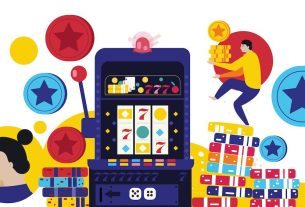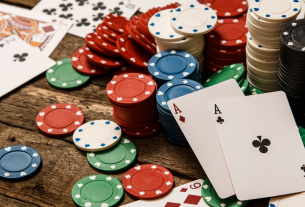Gambling is the risky wagering with an uncertain result with the intention of winning something with an agreed potential reward. Gambling therefore requires three factors to be present: risk, consideration, and a prize to be won. The chances of a particular event happening are called the chances. A simple example is the coin toss from one person to another which has a 50% chance of landing on heads or tails. The coin toss can be used as an example so as to make the point that the odds of an event are in the players’ favor if they carefully consider all aspects involved.
Most people who gamble are very emotional and cannot think rationally. This means that they place their entire emotional and mental focus on winning and losing the amount gambled, with no attention to other important factors that might affect the outcome. This is referred to as gambling addiction.
There are many types of addictions. However, the most common type of addiction is Internet gambling addiction, also known as online addictions. The main characteristic of this addiction is that the gambler feels so connected to the game, that without actually being at the site, they feel that if they do not win the amount they are playing for, then their life will be demolished. Gambling addictions like this are very difficult to overcome and require professional help. The good news is that there are a number of treatment options available for gambling addiction.
Most Internet addictions begin with simple, legal gambling behavior. People get into Internet gambling behavior for a variety of different reasons. Some people join an online sports team, while others gamble because they are depressed, anxious, or sad.
The most serious problem gambling addiction includes alcohol or drug abuse. Although drug and alcohol rehab centers can help people struggling with drug and alcohol addiction, problem gambling addicts may need to seek additional help. Problem gambling addicts are not able to put a stop to their behavior simply by seeking help. Professional help is required in order to treat problem gambling addiction.
Unfortunately, the statistics surrounding gambling addiction are staggering. Approximately 20 percent of all Americans gamble on a daily basis. For many people, gambling is a means of escape from the stress, anxiety, and tensions of everyday life. In addition, many people who suffer from problem gambling addictions find that the act of gambling relieves some of the stress and anxiety that they experience. It is for these reasons that it is imperative that problem gamblers receive professional treatment for their addiction





